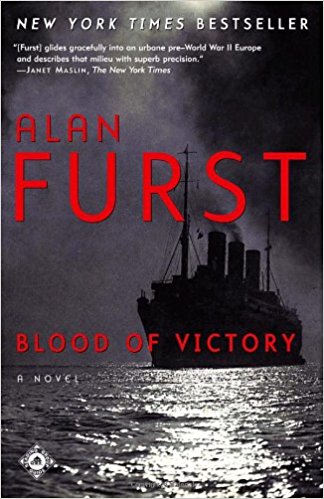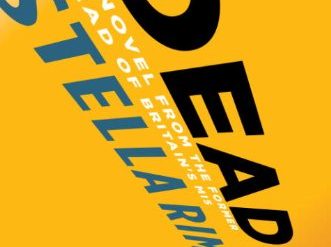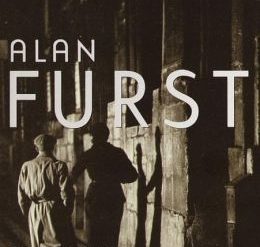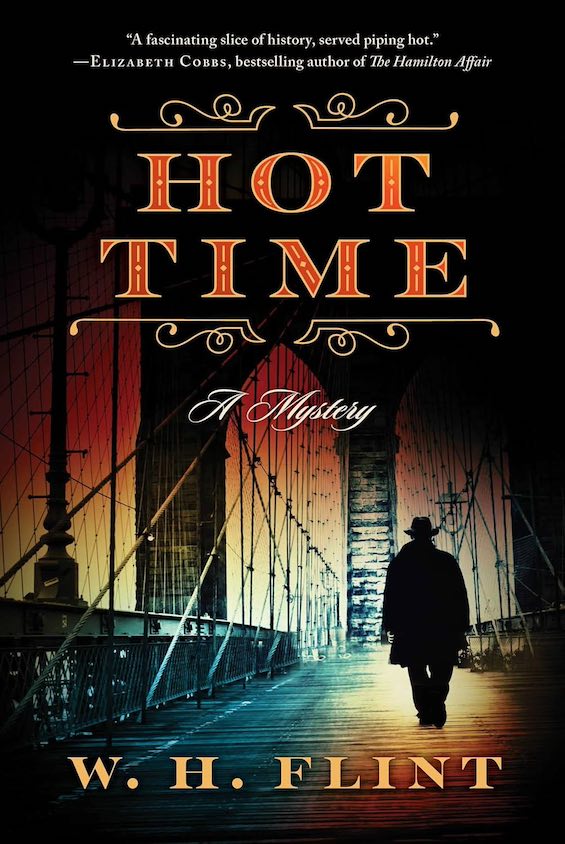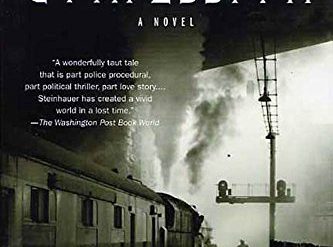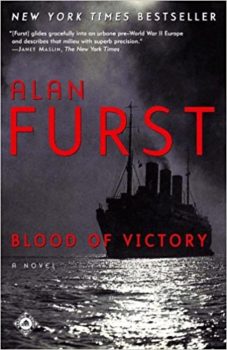
Blood of Victory is the seventh of the fourteen historical novels to date in the celebrated Night Soldiers series by Alan Furst. Written in the tradition of Eric Ambler and Graham Greene, the Night Soldiers stories are set in Europe during the period 1933-44. The action ranges all across Continent, from Warsaw to Istanbul to Paris and numerous points in-between. Most of the novels involve espionage in the long, often futile resistance to Nazi domination. And in his seventh novel in the series, Furst writes about WWII Istanbul and Romania.
Estimated reading time: 4 minutes
In Blood of Victory, a Russian émigré writer named I. A. (Ilya) Serebin is drawn into an ambitious British plot to deny Nazi Germany the oil (“the blood of victory”) that flows from the Rumanian oilfields at Ploesti. “Half Russian aristocrat, half Boshevik Jew, . . . Serebin was forty-two, this was his fifth war, he considered himself expert in the matter of running, hiding, or not caring . . . He was, after all, I. A. Serebin, formerly a decorated Hero of the Soviet Union, Second Class, currently the executive secretary of the International Russian Union, a Paris-based organization for émigrés.”
Blood of Victory (Night Soldiers #7) by Alan Furst ★★★★☆
Like so many Europeans in the early years of World War II, Serebin no longer has a permanent home. He is living in Paris as the story opens in 1940, shortly after the Nazi invasion of France. But work and a desire to check in on a former lover taken him to the Balkans and to Istanbul. There, he is recruited by Janos Polyani, formerly Count Polyani, a shadowy Hungarian intelligence operative in the service of the British (and a recurring character in the Night Soldiers series).
WWII Istanbul was a hotbed of espionage
In 1940, the Balkans are in turmoil—“as always,” some might say. Serbia is about to explode—again—with pro-Nazi and Communist forces fighting for dominance in a bitter political struggle. Mussolini’s legions have made the mistake of invading Greece and are steadily in retreat. Rumania has just joined the Tripartite Pact with Germany as civil war rages on; the Soviet Union has seized two eastern provinces, the fascist Iron Guard roams the streets like Hitler’s brownshirts, loyalists to the old regime are fighting back, and grim young Nazi “tourists” are moving into the country in large numbers. Turkey attempts to stay neutral but is in a steadily more delicate position as pressure mounts on all sides, from the Germans, the British, and the Russians.
Control of Rumania is a key to Hitler’s strategy. The oil at Ploesti fuels the German war machine because I.G. Farben cannot produce synthetic gasoline fast enough. Rumanian land is on the path to the upcoming Nazi invasion of the USSR, and Rumanian divisions are needed to flesh out Germany’s southernmost army group.
Sabotage behind enemy lines
To hamper Hitler’s invasion plans, slow down the Panzer divisions wreaking havoc in the West and Northern Africa, and possibly delay the invasion of the Soviet Union, Britain has identified the Ploesti oilfields as one of its highest priority targets on the continent. And Winston Churchill has established the top-secret Special Operations Executive (SOE) to conduct sabotage behind enemy lines. Ploesti is one of its first targets. Serebin is drawn into an ambitious and high-risk plan by SOE to disrupt the shipment of oil from the region up the Danube to Germany. The action that unfolds is compelling.
Like so many of Furst’s protagonists, Serebin is a man in early middle age, successful in his field, and what in that era was called a “ladies’ man.” He is rarely without the warming presence of a beautiful woman. Furst writes in an arresting style. His work conjures up the dark mood that had fallen over Europe in the late 1930s.
For related reading
This book is included in The evocative Night Soldiers series from Alan Furst.
My posts 10 top nonfiction books about World War II) and The 10 best novels about World War II may also interest you.
You might also enjoy my posts:
- The 15 best espionage novels
- Good nonfiction books about espionage
- The best spy novelists writing today
- Top 10 mystery and thriller series
If you enjoy reading history in fictional form, check out 20 most enlightening historical novels. And if you’re looking for exciting historical novels, check out Top 10 historical mysteries and thrillers.
And you can always find my most popular reviews, and the most recent ones, on the Home Page.

